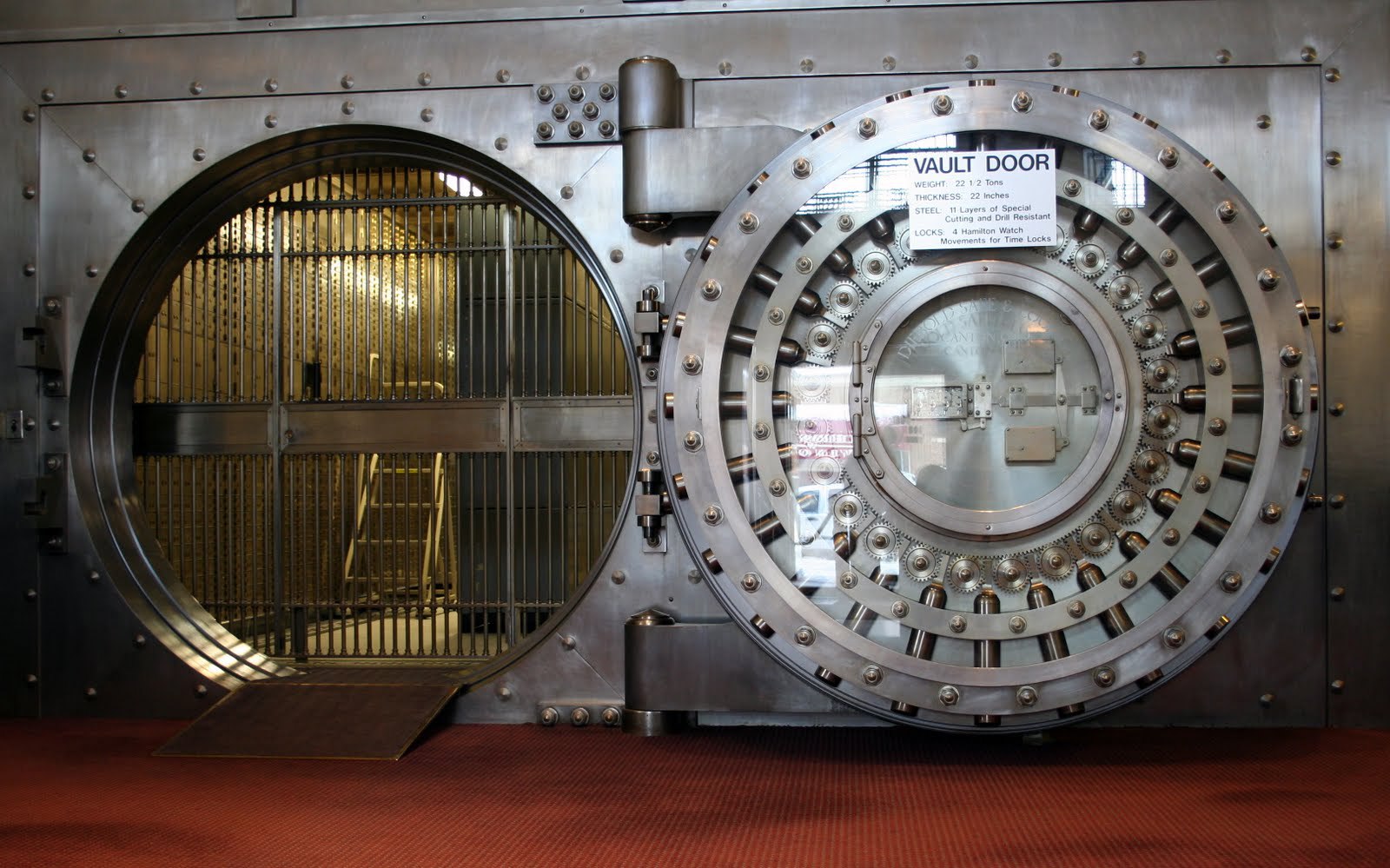Swiss referendum will reform monetary system ?

Switzerland’s banking and monetary system is facing the possibility of a huge shake-up, and while the possibility looks remote, investors are buying insurance against swings in the franc and the shares of the biggest Swiss lenders.
Swiss voters go to the polls on June 10 for a referendum on whether Switzerland should switch to a so-called sovereign money system.
Approving the measure would make it much harder for commercial banks to extend credit, turning the Swiss National Bank (SNB) into the only source of new money in Switzerland.
The referendum is attracting international interest because of how it reflects debates held by economists and lawmakers in the aftermath of the 2008 global financial crash.
Supporters of the initiative, known as the “Vollgeld” or the Sovereign Money Initiative (SMI), say approving the measure would make the financial system safer by preventing bankers from recklessly lending and putting people’s savings at risk — again.
That’s because the change would make it much harder for commercial banks to extend credit, effectively creating cash. Instead, the Swiss National Bank (SNB) would become the monopoly provider of Swiss francs.
However, opinion polls indicate SMI will not receive enough votes to pass. Around two-thirds of the Swiss electorate is expected to vote against the plan, which SNB Governor Thomas Jordan has described as a “dangerous cocktail.”
Jordan’s thoughts on the vote were also echoed by UBS Chief Executive Sergio Ermotti last month, as he told reporters: “I don’t expect the Swiss people to be suicidal and approve it.”
Swiss bankers are generally expected to vote “no” in the forthcoming referendum, due to a widely held belief that the measure would threaten their business models, curtail economic growth and put Bern at a competitive disadvantage.
Backers of the referendum say it would make the banking system much safer and will reduce the occurrence of financial crises, by taking the power to create money away from banks.
“This kind of a banking system hasn’t been seen for a long time,” said currency strategist Neil Weller at JP Morgan Asset Management in London. “The referendum would also unleash a lot of uncertainty into Swiss assets, including equity and bonds.”
Some traders are preparing for the risk through tail-risk hedging strategies, insuring against market corrections via put options on stocks and the US dollar/Swiss franc. A put option holder has the right to sell a specified amount of a security at a set price, benefiting if the security’s price falls. Bank shares will probably fall if the referendum succeeds, increasing the value of the options.
They are still cheap, because they are mostly “out of the money” – their strike prices are well below current levels.
To lend, the banks would have to get funds from money markets or borrow from the central bank. That is a big deal in a country where the banking system is twice the size of the economy, according to ING strategists.
The biggest impact may be felt in currency markets, where the SNB intervenes regularly to hold down the value of the franc during global market stress. A “yes” vote “would greatly reduce the ability of the SNB to intervene … and would lead to upward pressure on the franc”, Mr Weller said.
Mr Kaspar Hense, a portfolio manager at Bluebay Asset Management, said a “yes” vote would unleash a deflationary shock across the Swiss economy, which the central bank would have to fight.
“The franc should in its first reaction appreciate,” he said, because traders would ramp up bets that the SNB wouldn’t keep trying to weaken the franc.

